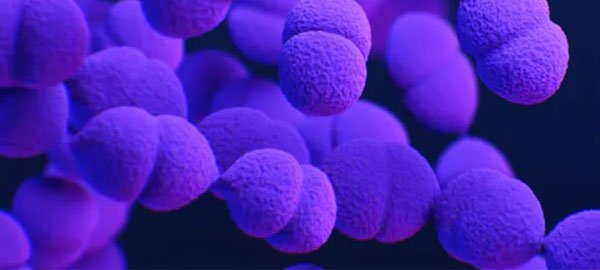Bacteria need energy to survive and often use sugars as the source. Streptococcus pneumoniae, for example, feeds on raffinose, a sugar found in vegetables, grains, and legumes. There are many different strains of S. pneumoniae, which creates challenges for research. However, our recent research located a genetic difference between two strains related to raffinose uptake. Ultimately, blocking the ability of S. pneumoniae to use raffinose could prevent the bacteria from surviving in human lungs. This is crucial because S. pneumoniae has shown the ability to develop antibiotic resistance.
Key Takeaways:
- Raffinose is mainly found in vegetables, grains, and legumes. It’s not known whether the human body ever has high enough levels of it to dramatically impact the likelihood of disease.
- If this raffinose phenomenon proves to be widespread across S. pneumoniae strains, blocking their ability to use raffinose may prevent them from surviving in, and thus invading, the lungs.
- Though vaccines are available, they’re far from perfect and fail to cover all the different strains of S. pneumoniae.
“Treatments that prevent S. pneumoniae from spreading around the body may be better for preventing disease compared to simply inhibiting or killing the bacteria, as is current practice.”




